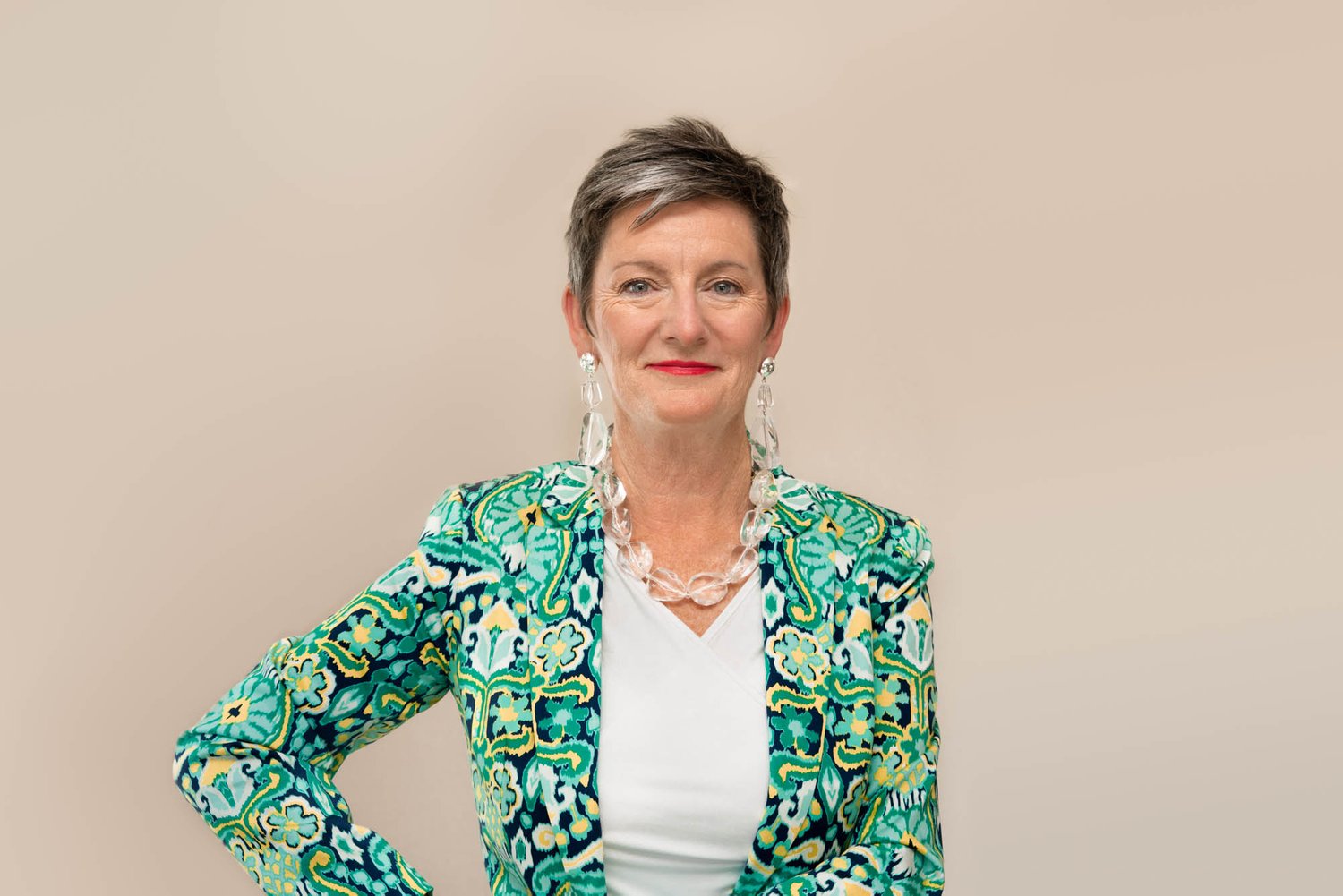WHAT’S YOUR PROVOCATIVE QUESTION?
What do you collect?
I’ve met collectors of shoes, cars, houses and recipes! I simply or crazily collect questions.
Great questions can: transform a superficial conversation into an extraordinary relationship; unlock the real you … someone whom you thought you really knew and questions can elevate your happiness (think: Will you marry me?)
I glean questions at every opportunity. I record them, highlight them in a book, send myself recorded messages when I hear questions and their answers – quite alarming when I think of it!
So, it was very exciting to be handed a book which was filled with questions. That’s a Great Question, written or should I say, collated by Greg Bustin, provides on a platter, hundreds of tried and tested provacative questions, categorized into themed chapters – handy if you’re coaching others or as I found myself, using it as a self-help coaching book. Don’t be fooled thinking it’s a one hour read!
This book is your ideal, end of year practical exercise to prepare for 2017. As Greg suggests, take yourself away from your normal space; go hiking, block out a day to work through this book. Surprisingly, I am still reading this book today (Sunday) as I have found myself continually stopping in search on the answers.
In my business this week, we completed a mini-skills session with a client – exploring a couple of models to coach staff. I am always amazed how people come to realise how powerful a conversation becomes by using great questions to dig and discover.
Greg says that using questions effectively is like a dance. I agree. It’s not a checklist. It’s a conversation which you can exercise your lead but it’s about two people committed to working together. Whilst it might not look like Fred Astaire & Ginger Rogers on the dancefloor, it should feel like a performance (of achievement).
Fred Astaire & Ginger Rogers - Courtesy of DHC Treasures
I couldn’t decide on a favourite question to share; so I’ve selected a few from a few of the thoughtfully categorised sections of the book. Use these on yourself and be surprised how time consuming it can be truthfully respond.
Purpose
If our company did not exist, what would the world be missing?What gives me a sense of certainty?
Values
What’s one principle I wished everyone practised?
Goal Setting
If I knew I couldn’t fail, what would I do?
Trust
What am I kidding myself about?
How do I respond when I place my trust in someone and they let me down?
Communication
If a stranger walked in and asked any employee about our vision, mission and strategy, what would they hear?
Leadership
Do I behave differently in the office than at home? If so, in what ways? If so, what causes my behaviour to differ from place to place?
Time Management
If I tracked my time in 30 minute increments for a month, what would I find? Is this how I should spend my time?
Talent + Teamwork
Who are five people I spend most of my time with? Are they helping me or holding me back?
What am I doing to help make this job the best job my people have ever had?
Customer + Prospects
What memorable experience are we creating with our customers?
Making Things Happen
Do we measure the things that are important to us?
Are we having fun? Am I having fun?
Accountability
Whose job am I doing today? (I do like this question.)
Blue Sky
What would I do if I didn’t work?
I have no special talent. I am only passionately curious. – Albert Einstein
The book provides tips to help you coach others effectively, how to structure your questions, which words to never use and rules to abide by to establish a trusting relationship where private information is shared.
My greatest tip for you is to use the book on yourself first. Leadership works well when there is authentic self-awareness. Let this book be your gift to others by getting yourself ready for an awesome 2017. Alternatively, gift yourself a Coach for 2017 and get in contact with me to discover your best self.
I’m endeavouring to read 52 Business/Professional/Personal Development books in 52 weeks. Yep, that’s one a week. As I read each book, I’ll share my thoughts, learning and recommendations. If there is a book that you’ve been meaning to read, let me know and I’ll read it for us!


